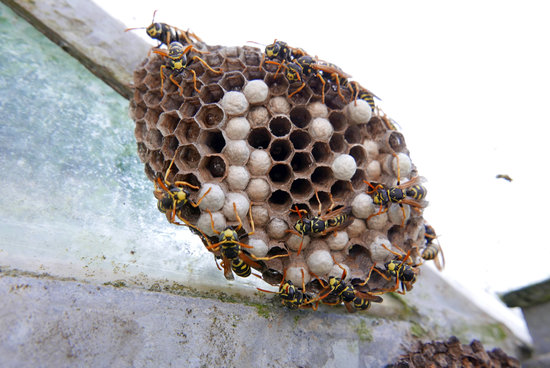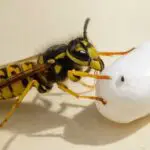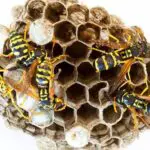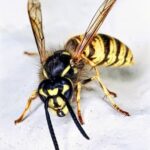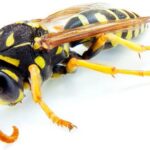How Common Are Wasp Stings?
Getting stung by a wasp is rare, but it can be a painful experience. Wasps sting in order to defend themselves. The venom is injected into the skin, causing significant irritation. If you are allergic to wasp stings, you will need medical treatment to stop the pain.
Venom allergy is diagnosed by testing for venom-specific IgE antibodies. This allergy can occur at any age, but adults are more likely to have a serious reaction.
Severe allergic reactions to bee and wasp venom are known as anaphylaxis. They require medical attention and may even lead to death. Symptoms include hives, swelling, and difficulty breathing. The venom also perforates the walls of cells, liberating tiny tissue debris. Normally, this debris is expelled through the kidneys. However, if too much tissue debris accumulates, it can clog the kidneys.
Depending on your body’s reaction to the venom, you may develop a large local reaction or a severe allergic reaction. A large local reaction is characterized by severe redness and swelling at the site of the sting. The swelling usually subsides within a few hours. The pain may also reduce.
The symptoms of a severe allergic reaction can last for hours or even days. In addition, they can lead to neurological problems and muscle weakness. This can be dangerous for infants and young children. They may also become dehydrated.
In the event of a severe allergic reaction, your health care provider will administer EpiPen, which can be used as an emergency medication. You can also receive a tetanus shot, which should be given to you within several days of the sting.
